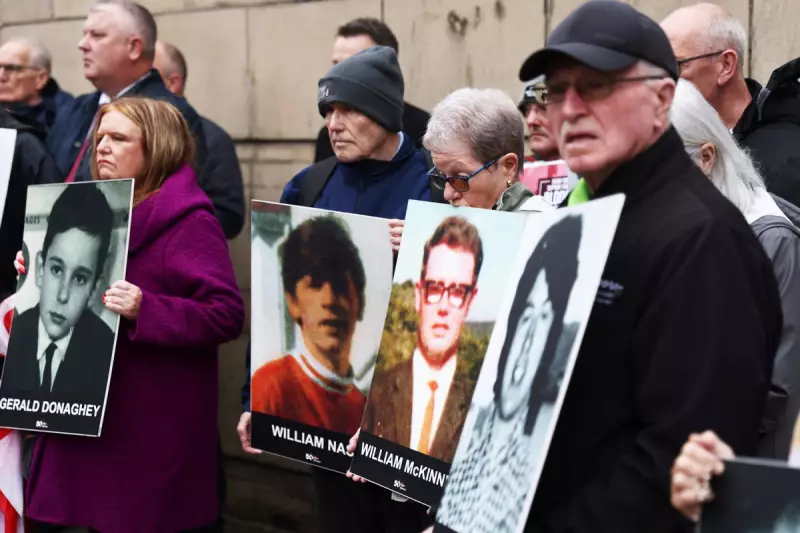
Nearly five decades after the devastating IRA bombings rocked London, a comprehensive new report has uncovered the profound and lasting impact on survivors and victims' families, revealing a legacy of trauma that continues to affect generations.
The Night That Shattered London
On the evening of October 5th, 1974, the Provisional IRA detonated bombs in two crowded London pubs - the Horse and Groom in Guildford and the King's Arms in Woolwich. The attacks marked one of the darkest chapters in the capital's history during the Troubles.
The Guildford bombing alone claimed four young lives and left dozens severely injured, many of whom were off-duty soldiers and their companions. The subsequent Woolwich explosion added to the growing toll of violence that would eventually claim thousands of lives across the UK.
A Legacy of Unhealed Wounds
According to the detailed analysis by researchers from Queen's University Belfast and Ulster University, the physical and psychological scars remain raw for many affected by that fateful night. The report documents:
- Lifelong physical disabilities among survivors
- Generational trauma affecting children and grandchildren
- Inadequate compensation and support systems
- Ongoing psychological conditions including PTSD
Voices From the Aftermath
"We were just young people enjoying a night out," recalls one survivor, now in their late 60s. "The explosion changed everything - not just that night, but our entire lives. The physical pain never really goes away, but the memories are even worse."
Family members of those killed speak of decades spent grappling with loss, complicated by the political nature of the attacks and the subsequent legal controversies surrounding the convictions.
The Long Road to Recognition
The research highlights how many victims feel their suffering has been overlooked in the broader narrative of the Northern Ireland conflict. Unlike other terrorism incidents, the 1974 bombings occurred before modern victim support frameworks were established.
Professor Marie Breen-Smythe, lead researcher on the project, emphasizes: "These individuals and families have carried their burdens silently for too long. Their experiences provide crucial lessons about the long-term consequences of political violence and the importance of proper aftercare for terrorism survivors."
Looking Forward
As the 50th anniversary of the bombings approaches, the report calls for:
- Enhanced psychological support for ageing survivors
- Formal recognition of the attacks' impact on British communities
- Improved compensation mechanisms for historical terrorism victims
- Educational initiatives to preserve the memory of those affected
The findings serve as a sobering reminder that while peace has largely come to Northern Ireland, the wounds of the Troubles continue to require attention and healing on both sides of the Irish Sea.





